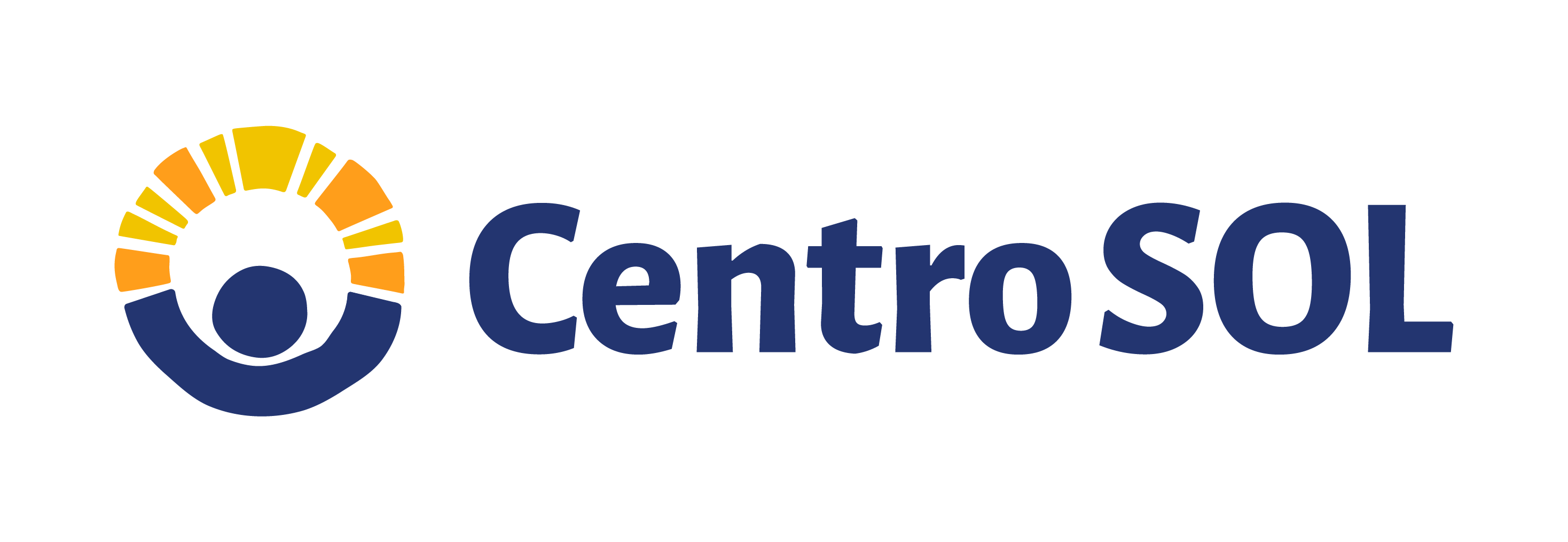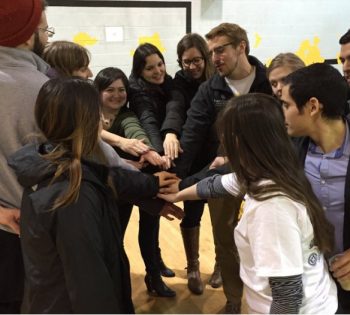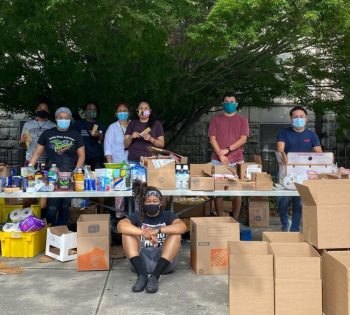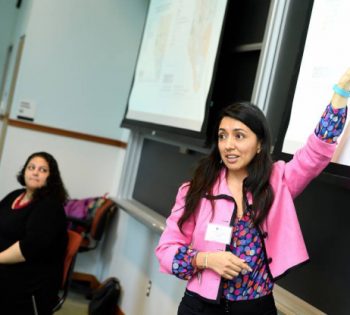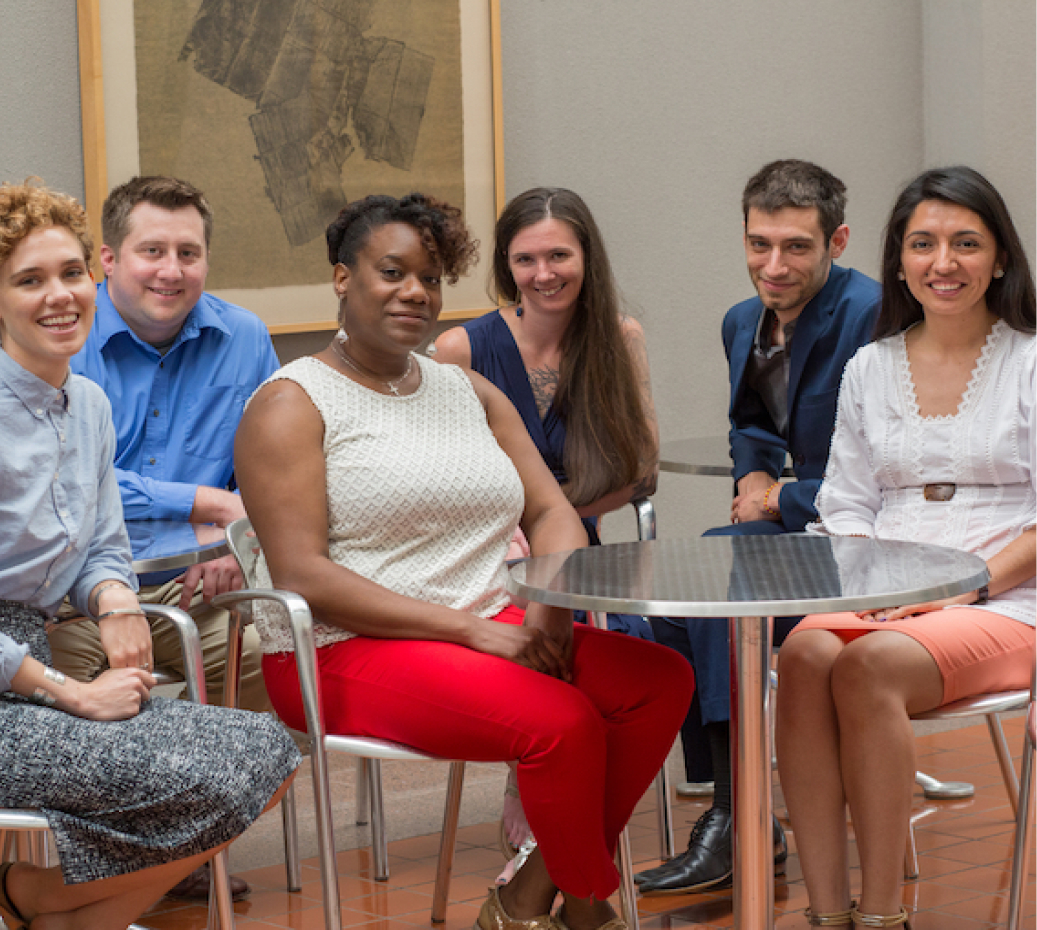Our Advocacy Vision
Purpose
To create a partnership between leaders in healthcare administration, public health, and health policy with providers working with the Latino community in order to identify challenges that impact Latino health and make health policy recommendations to improve health equity for Latinos at the local, state, and national level.
Statement of Problem
Latinos are the fastest-growing minority group in Maryland, with a population that more than doubled in the last decade. This rapid growth is a result of migration from Latin Americans seeking economic opportunities, as well as a high birth rate among Latino women. While Latino immigrants tend to be young and healthy, sustaining wellness can be challenging due to a variety of factors, including poor access to health care, a shortage of culturally and linguistically appropriate services, adoption of unhealthy habits, stress and poverty. Exclusionary policies at the federal and state level contribute to health disparities, and may increase healthcare costs. For example, immigrants who are not eligible for coverage under the Affordable Care Act may delay care for treatable conditions and use the emergency room as a last resort but costly measure. Ironically, including Latinos immigrants in health insurance risk pools could be cost-effective because they are younger than the general population. Immigration policy and enforcement at the local level can also impact health. Undocumented immigrants are reluctant to use safety net services, and in some cases may avoid enrolling their U.S. born children for eligible benefits, for fear of deportation. For “mixed status” families, immigration and health policy has broad implications for U.S. born children and their pregnant mothers.
In addition, there are specific and sometimes unintentional barriers to health that occur at the local level, such as enrollment in Medicaid for certain populations in Maryland. Obstacles to Medicaid enrollment disproportionately affect pregnant women and children of parents without social security numbers (SSNs). These individuals, who are otherwise eligible for benefits, are excluded from Maryland Health Connection because they (or their parents) lack a SSN. In addition, funds available through the Affordable Care Act to enroll individuals in health insurance cannot be used to enroll ACA-ineligible individuals, including those without legal status who don’t have a SSN. These systematic problems lead to critical delays in Medicaid enrollment which can result in delayed diagnostic testing for newborn infants, loss to follow-up for recommended preventive care, and loss of reimbursement for the delivery fees of undocumented mothers.
Structure and meetings
The workgroup meets monthly and include leaders in hospital administration, healthcare policy and public health, and stakeholders representing HCAM, the Maryland Health Connection, the Mayor’s Office of Immigrant Affairs, the Baltimore City Health Department, DHMH, and philanthropic organizations. The group will be hosted by Centro SOL, a Johns Hopkins Center of Excellence in Latino Health with strong community partnerships and a mission to promote equity in health and opportunities for Latinos through clinical care, research, education, and advocacy in partnership with our Latino neighbors.
The Latino Health Policy Group established in 2016 is co-chaired by Dr. Josh Sharfstein, Vice Dean for Public Health Practice and Community Engagement, JHSPH, and former Secretary of Health for Maryland;
Chairs
Dr. Sarah Polk, Medical Director of the CMP at Bayview, and co-Director of Centro SOL;
Dr. Kathleen Page, Director of HIV Latino Outreach at the BCHD, and co-Director of Centro SOL.
Centro SOL aboga por la inclusión a nivel local y estatal; trabajando intensamente con las autoridades para desarrollar políticas que faciliten el acceso de la Comunidad de Latinxs al sistema de salud.

Specific Aim 1. To resolve difficulties presented by the Maryland Health Connection for the enrollment/re-enrollment of eligible children who have access to health insurance into Medicaid whose parents do not have social security numbers.
Specific Aim 2. To identify and address barriers to enrollment in emergency Medicaid for ACA-ineligible pregnant women without social security numbers.
Specific Aim 3. To explore means of expanding health insurance to ACA-ineligible adults and/or leverage Maryland’s all payer approach to promote community wellness programs for Latinos living in Maryland.
Specific Aim 4. To advocate for the Latino community adversely affected by the Public Charge Rule targeting social benefits for mixed-status families.
Advocacy efforts
We made recommendations for better mental healthcare of children. We help to resolve difficulties presented by the Maryland Health Connection.
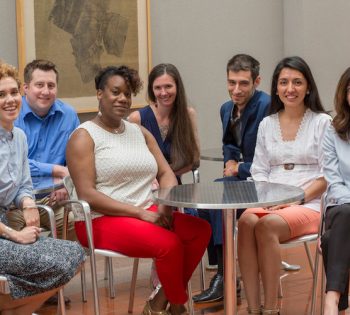
For women
We identify and address barriers to enrollment in emergency Medicaid.
